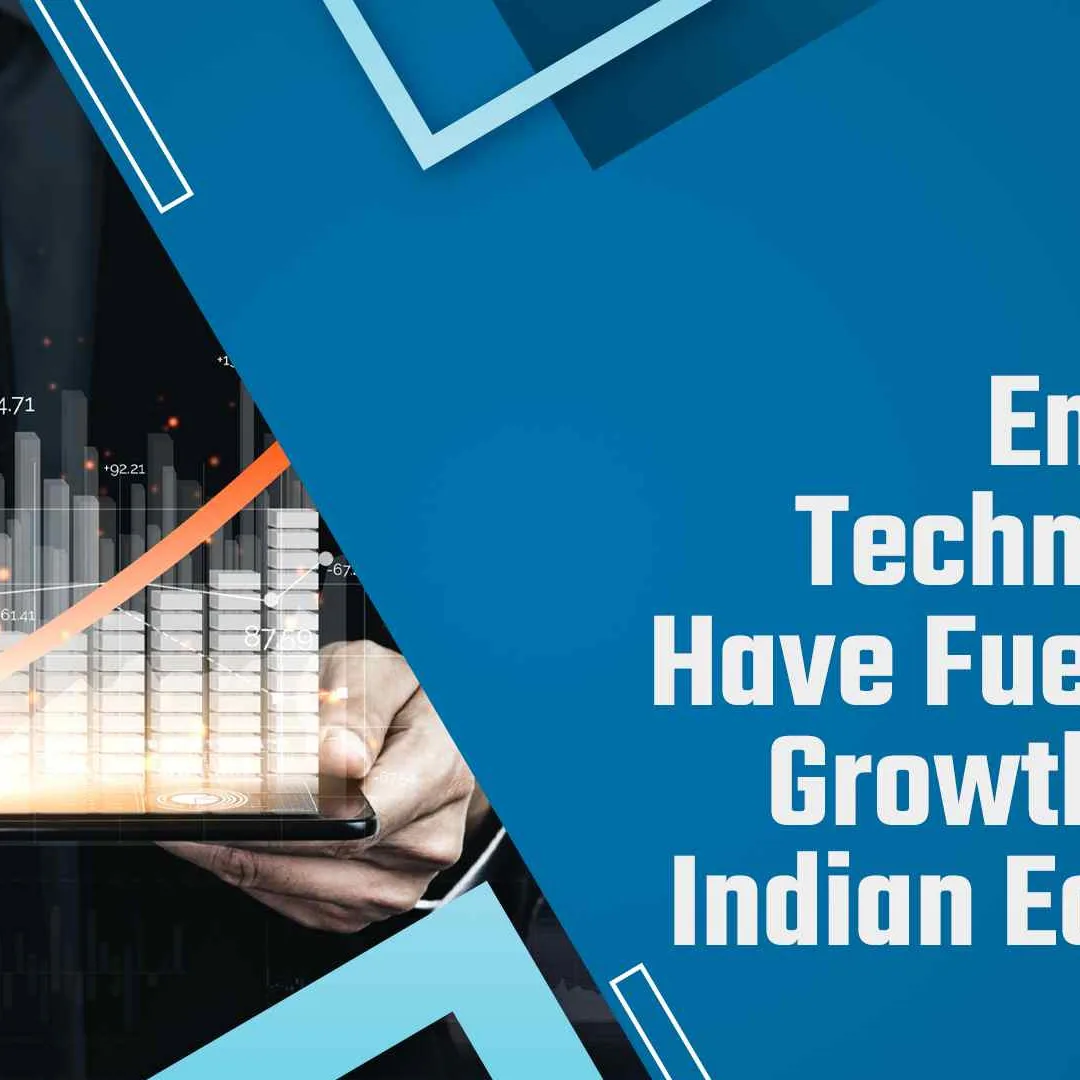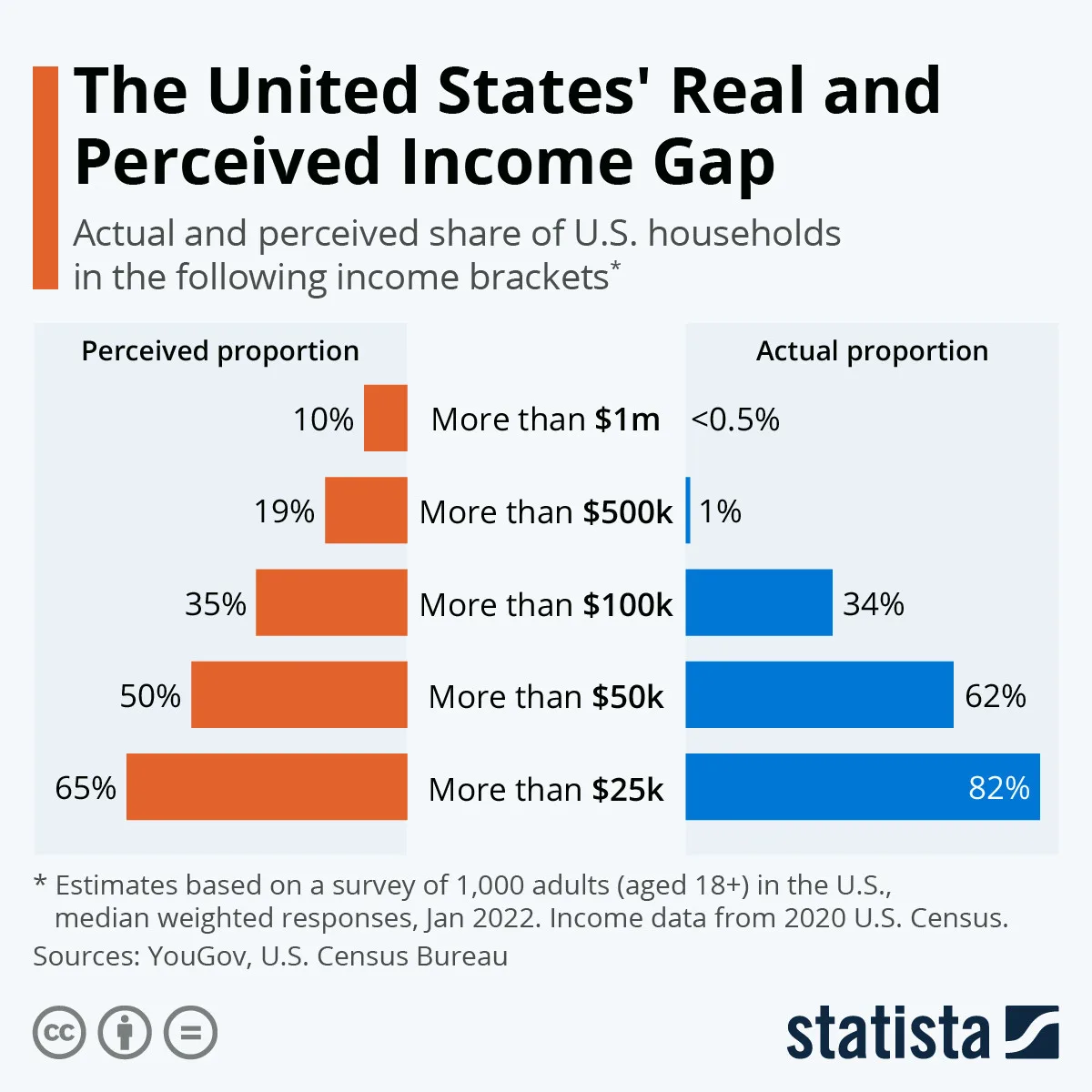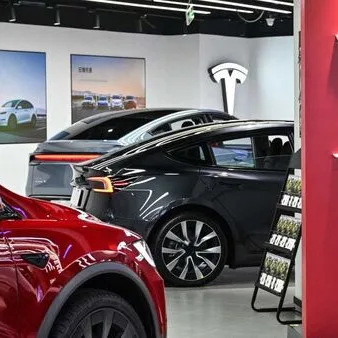In a significant move aimed at bolstering economic growth, India announced substantial reductions in income tax rates as part of its 2025 budget, presented by Finance Minister Nirmala Sitharaman. The revised tax structure introduces a significant reduction in tax slabs, adjusting the previous highest rate of 30% for income exceeding ₹15 lakh to a new rate of 25% applicable on income over ₹20 lakh. This adjustment is expected to encourage higher consumer spending, a vital component in the country’s recovery trajectory post-pandemic.
The updated income tax slabs for the fiscal year 2025-26 include the following modifications:
– Income up to ₹3 lakh remains tax-free.
– Income between ₹3 lakh and ₹6 lakh will be taxed at 5%.
– Income ranging from ₹6 lakh to ₹12 lakh will incur a tax of 10%.
– Earnings from ₹12 lakh to ₹20 lakh are now subjected to a 15% tax rate.
– The previous top slab of 30% has been reduced, with the new top rate set at 25% for incomes exceeding ₹20 lakh.
Additionally, the standard deduction has been increased from ₹50,000 to ₹75,000, further enhancing the disposable income of taxpayers. Sitharaman emphasized the importance of these changes stating, “Our priority is to put more money in the hands of the people, which will directly contribute to boosting demand.”
Experts have largely welcomed these changes, noting that the increased standard deduction and lowered taxation thresholds will stimulate the middle class and boost consumer confidence.
The Economic Times highlighted that these measures could potentially increase disposable income for an estimated 1.5 crore taxpayers. Tax experts have pointed out that the adjustments are geared towards fostering a more consumption-driven economy, with many viewing it as a strategic pivot aimed at countering global economic headwinds.
Amidst these fiscal revisions, the government has outlined its commitment to fiscal responsibility. The budget targets maintaining a fiscal deficit at 5.9% of GDP, a crucial goal given the need for sustained investment in public services and infrastructure.
In response to the budget, opposition parties have called for transparency regarding the impacts of these tax cuts. Congress party leader Adhir Ranjan Chowdhury remarked, “While tax cuts are welcome, the government needs to be clear on how it plans to compensate for the loss of revenue.”
Overall, the Budget 2025 is viewed as a critical step by the Indian government to rejuvenate its economy, shift towards a consumption-led growth paradigm, and address the aspirations of a burgeoning middle class.











